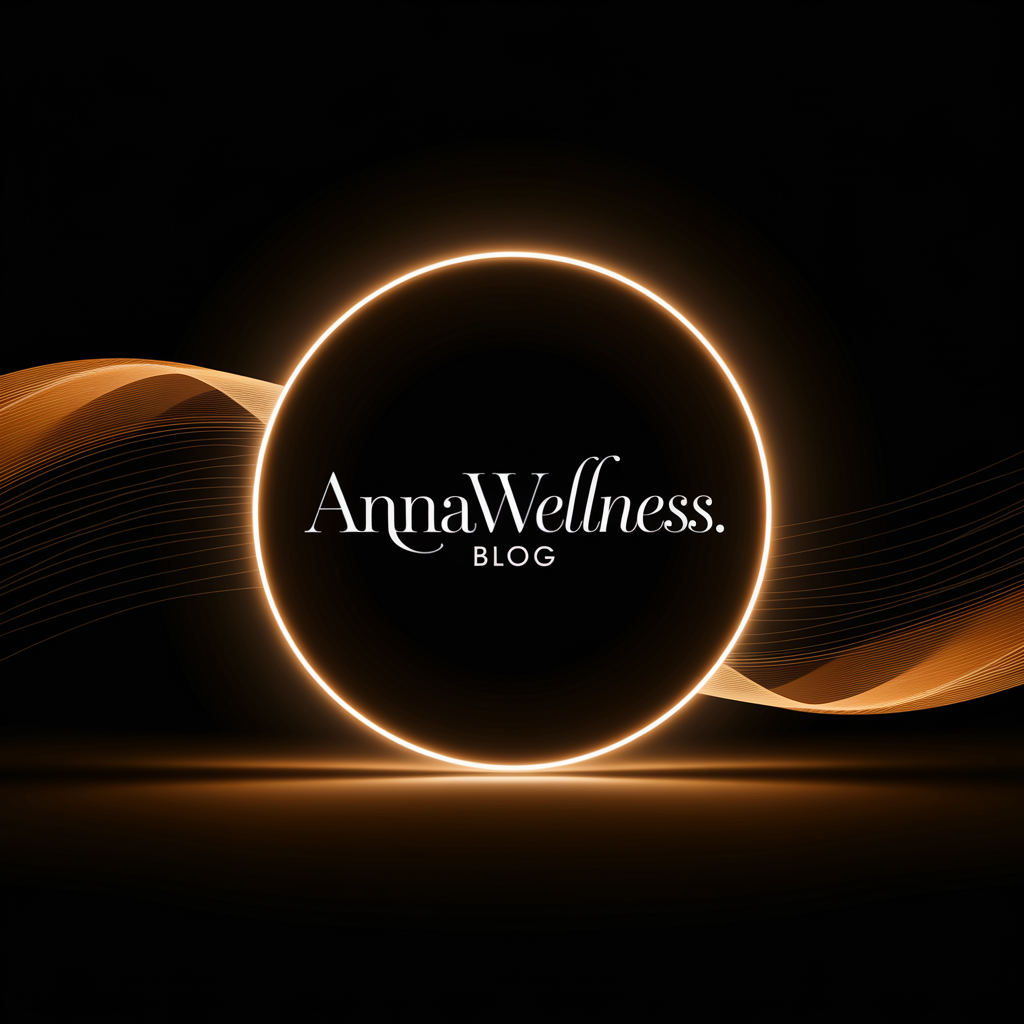These 4 Quotes Shifted My Entire Perspective on Healing
You’ve felt pain’s sting, yet these four quotes reveal how it fuels growth, much like Rumi’s wounds lighting paths. As you ponder Angelou’s butterfly and others’ wisdom, imagine how embracing vulnerability could reshape your healing journey.
Key Takeaways
- Rumi’s quote reframes wounds as entry points for light and personal growth.
- Maya Angelou’s words highlight how unseen struggles build resilience and transformation.
- Rumi’s insight shows suffering as a catalyst for self-discovery and inner strength.
- Helen Keller’s quote emphasizes that overcoming pain fosters empathy and triumph.
- These quotes collectively promote emotional detox and a resilient healing mindset.
The First Transformative Quote
As you explore healing, consider Rumi’s transformative quote: “The wound is the place where the Light enters you.”
This healing mindset quote analytically reframes pain as a gateway for growth, drawing on evidence from psychology that adversity fosters resilience.
Empathically, you’re not alone in your struggles; these wounds invite light, transforming your healing journey.
By embracing such quotes, you actively cultivate a positive mindset, turning vulnerabilities into strengths and promoting emotional recovery without dwelling on setbacks.
This approach empowers you to integrate lessons from hardship effectively.
This concept is central to unlocking wellness, where inspirational quotes play a pivotal role in personal transformation.
Insights From the Second Quote
Transformation defines the essence of the second quote by Maya Angelou: “We delight in the beauty of the butterfly, but rarely admit the changes it has gone through to achieve that beauty.”
In your healing journey, you’re invited to acknowledge the unseen struggles that forge resilience, much like the butterfly’s metamorphosis.
Evidence from psychological studies shows that embracing this process reduces avoidance and fosters growth.
Analytically, it challenges you to value your internal transformations, not just end results, building empathy for your own path.
Integrating a personalized emotional detox routine can further aid in clearing negativity and promoting overall well-being during this process.
Reflections on the Third Quote
The third quote by Rumi, “The wound is the place where the light enters you,” highlights how suffering can spark profound growth in your healing.
You’ve experienced how pain, though initially overwhelming, opens doors to self-discovery and resilience.
Analytically, this resonates with psychological studies on post-traumatic growth, showing that adversity rewires your mindset for positive change.
Empathically, it validates your struggles, urging you to embrace vulnerabilities as catalysts for transformation, fostering deeper self-compassion and inner strength without denying the hurt.
This perspective empowers you to integrate wounds into a fuller life narrative.
By adopting an emotional detox habit, you can effectively manage stress and cultivate a healthier emotional landscape, complementing your healing journey.
Lessons From the Fourth Quote
Moving to the fourth quote by Helen Keller, “Although the world is full of suffering, it’s also full of the overcoming of it,” you can draw key lessons that blend empathy with evidence. This quote urges you to embrace healing actively. To further support this journey, incorporating stress-relief practices can help reduce overthinking and promote a calmer mindset.
-
Acknowledge suffering: You recognize pain’s universality, backed by psychological studies on resilience, fostering self-compassion.
-
Seek overcoming strategies: You identify evidence-based tools like therapy, which build inner strength and hope.
-
Cultivate empathy: You connect with others’ struggles, drawing from social science research to promote mutual support.
-
Integrate evidence: You analyze personal growth data, turning setbacks into triumphs through analytical reflection.





